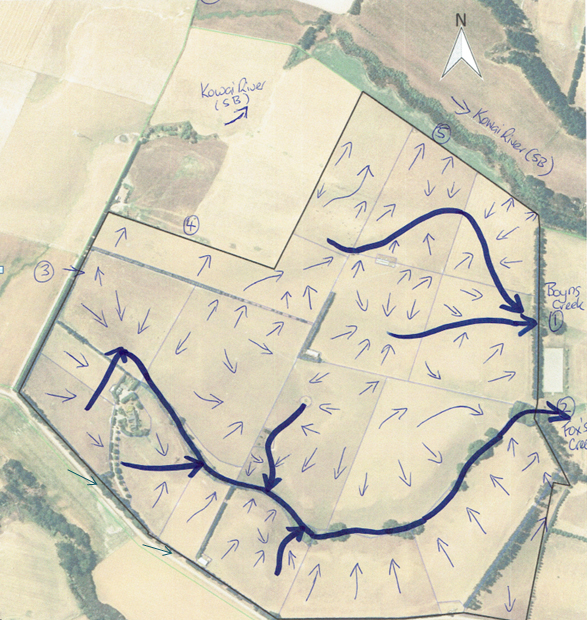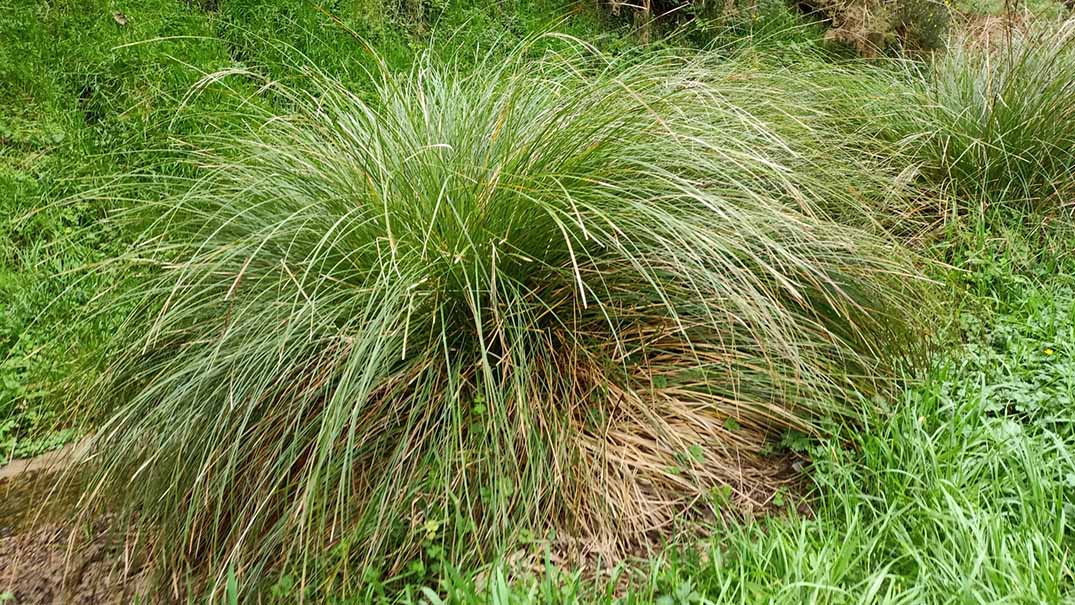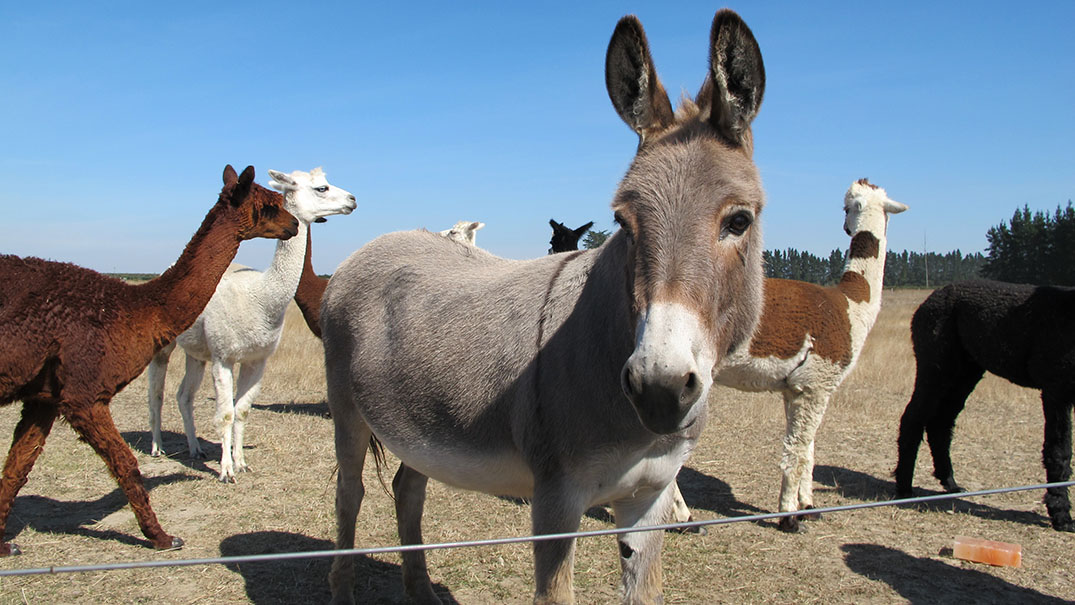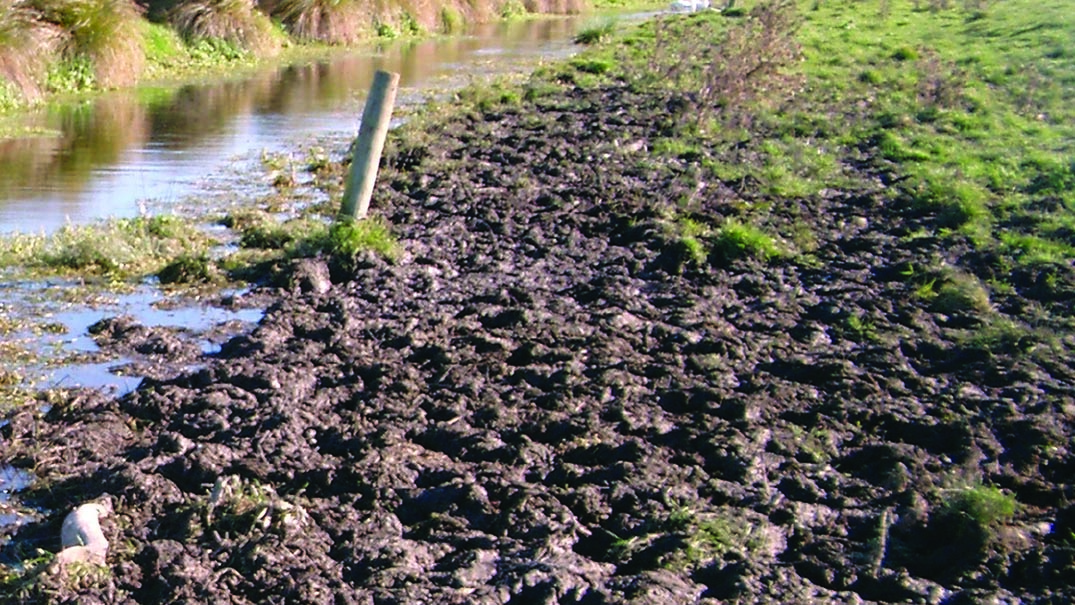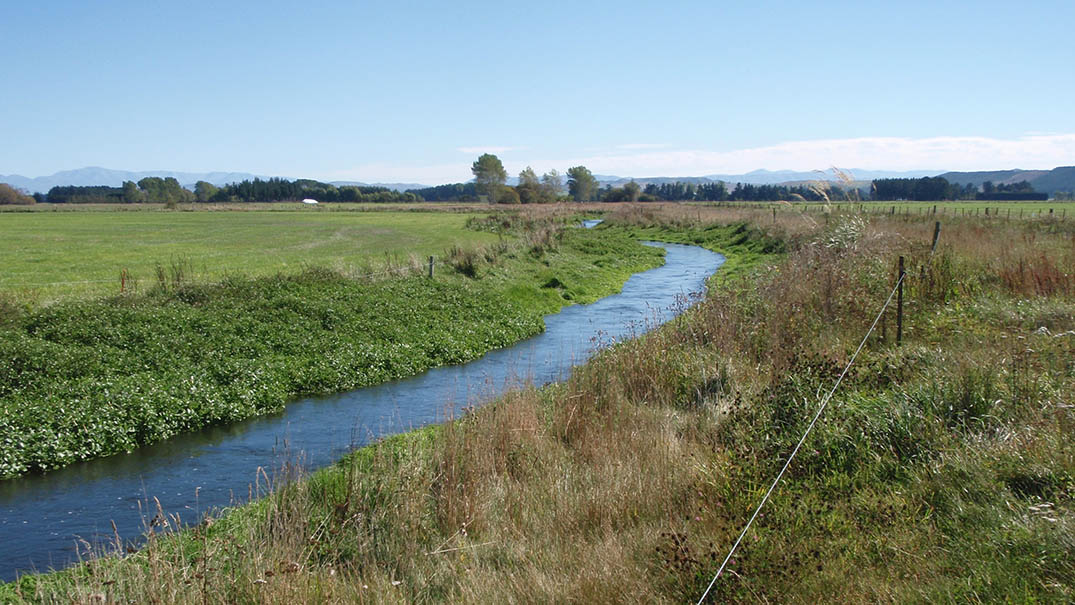Lifestyle blocks
Collectively, lifestyle blocks can have a significant impact on our environment as they typically have more people and infrastructure on a smaller land area, and are concentrated in areas where they become the dominant land use. Waitaha Canterbury is home to more than 15,000 lifestyle blocks covering around 73,000ha.
Lifestyle blocks are between one and 20ha, with majority being in the 4-5ha range. The following advice aims to help people living on lifestyle blocks keep rivers and streams clean. These guidelines are aimed at protecting our waterways, wetlands, drains, springs, dams, and ponds – anything that connects to a waterway whether natural or created, permanent or temporary.
These are good management practices that would make the biggest difference to our waterways and the environment, if implemented across all lifestyle blocks.
Water and biodiversity
Understand your land and its waterways
Observe surface water flows when there is heavy rain.
- What happens to water on your land when it floods? Where is your water coming from and going to? What’s it like in a drought?
- Know where and where not to put fences, troughs and buildings.
- Avoid blockages and potential contaminants getting into water by clearing branches and debris, especially near culverts.
- Keep stored materials, equipment, containers and animal facilities away from areas that flood.
- When you have a good feel for your property, create a farm environment plan (FEP) to consider environmental risks, goals for your land, and key actions. More information on FEPs and templates you can use are available from the NZ Landcare Trust.
- You may be required to have a management plan as part of meeting Farming Land Use Permitted Activity rules - check the guidelines for your local zone.
-
If you are required to have a Management Plan, you can use the Environment Canterbury Permitted Activity Management Plan (PDF 253 KB).
Water is precious
Use water responsibly and avoid wastage.
- Ensure that trough ballcocks are well protected from stock.
- Check troughs and tanks regularly for leaks and fix them straight away.
- Have a back-up in your water system that limits water loss from a significant leak.
- If irrigating, monitor soil moisture to determine requirements, ensure water use is within any take limits, and avoid ponding, run-off and wasting water.
- Divert rainwater from your downpipe to a storage tank. This is a great way to conserve water, especially to use on the gardening or for outdoor cleaning.
- Learn more about how to keep your drinking water safe.
Useful factsheets:
Prioritise native plants and animals
Native species are a taonga, they help the environment and add value to your property.
A patch of native bush can provide shade and shelter for stock, stabilise the soil and provide habitat for native wildlife. Native birds and invertebrates are also good indicators of the overall health of your land and water.
- Get help to identify and protect what you have and plan to enhance it (see contacts at the bottom of this page).
- Control weeds and pests to protect native plants.
- Pūkio/carex secta is an ideal native grass for bank protection and drain/waterway weed suppression. Check out the New Zealand Plant Conservation Network website for more information about native plants.
- Our pest search is a library to help you identify 100-plus invasive plants and animals on the land and in the water in Waitaha Canterbury.
- If in doubt, seek advice from your local council, biodiversity groups (for example the Waimakariri Biodiversity Trust) or a nursery that specialises in native plants.
- Funding support is available.
- Discover the biodiversity of your area, what we are doing to protect your natural environment and how you can get involved.
Stabilise and buffer waterways
Safeguard waterways from contamination and erosion.
- Keep waterway and drain banks well vegetated as bare banks can easily collapse and erode.
- Spot spray weeds if needed.
- Have a wide protective buffer strip each side.
- Long grass is effective at filtering sediment to keep it out of waterways.
Animals and stock
Keep animals out
Protect aquatic habitats.
- Heavy animals such as cattle, deer, horses, and pigs can damage stream banks and soil, and put mud, faeces, and urine in our water, so keep them away from waterways.
- Keep animals out of areas of bare ground and spots that become muddy when it's wet. Use temporary fencing and only graze when dry.
- Learn more about the importance of keeping stock out of waterways here.
Manage your stock numbers
Too many stock can degrade the land.
- Match your animal numbers to the pasture you can grow.
- Avoid overgrazing and pugging paddocks.
- Animal welfare is important: ensure your stock are well fed and adequately looked after.
- Fewer, well-fed stock stay in better health and can give better returns than under-fed stock.
Find your hot spots
Hot spots can be significant sources of sediment, phosphorus and Ecoli in water.
- Identify areas of bare ground and spots that become muddy when it’s wet, making water dirty.
- Keep animals out of hot spots with temporary fencing and only graze when dry.
- Avoid disturbing soil in areas where surface water flows.
Manage contaminants
Monitor septic tanks
If it pongs, something’s wrong!
- If your tank hasn’t been emptied for more than 5 years consider getting a septic tank contractor to pump it out.
- Regularly check the land application area to make sure effluent is not ponding.
- Filters need to be cleaned 3-6 monthly or get your system serviced by a professional.
- Use eco-friendly cleaning and laundry products to keep your wastewater treatment bugs happy.
- More information around managing on-site wastewater management systems.
Manage fertiliser and manure
Keep fertiliser and manure on the land and out of waterways.
- Apply in warmer months when pasture is actively growing and best able to absorb nutrients.
- Avoid spreading if heavy rain is forecast and keep well away from waterways and gullies.
- Seek professional advice to avoid over-application.
Be responsible with rubbish disposal
Keep waste on your lifestyle block to a minimum, and dispose of waste with care.
- Recycle waste such as baleage wrap, expired chemicals, containers, and household waste.
- Rubbish holes and waste can degrade your land and cause contamination.
- Compost dead stock or bury well away from waterways.
- Burning dry tree trimmings produces less smoke than green/wet.
Help is available
Our staff provide localised assistance and advice regarding biodiversity, land management, consents and compliance. See a list of staff, their roles and contact details for your area on these pages:
- Northern zone (Kaikōura, Hurunui Waiau Uwha, Waimakariri)
- Central zone (Christchurch West Melton, Selwyn Waihora, Banks Peninsula)
- Southern zone (Ashburton, Ōrāri Temuka Ōpihi Pareora, Upper Waitaki, Lower Waitaki South Coastal Canterbury)
You can also call us on 0800 324 636 and ask to be connected with a land management advisor.
Download our Top Ten Tips for Lifestyle Blocks (664KB).
More support and resources are available from New Zealand Landcare Trust, Waimakariri Biodiversity Trust and your local Council.

